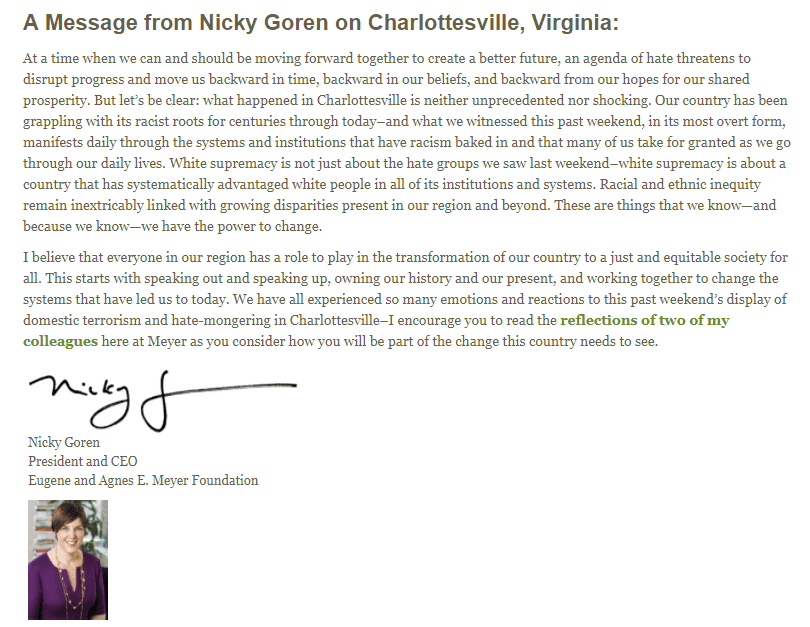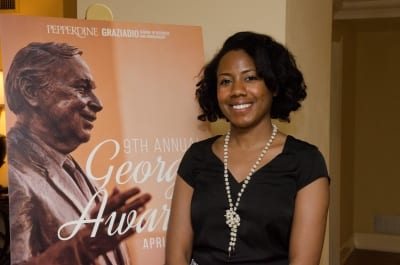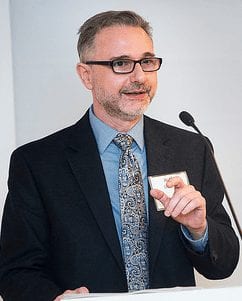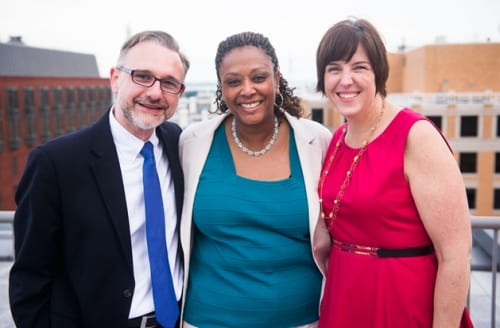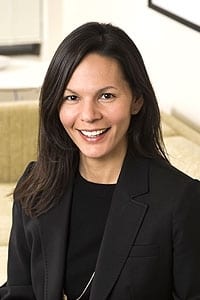In the early 1990s “Magic Eye” books swept the country and kept people’s noses glued to the page as they attempted to view the three-dimensional images that emerged from complex two-dimensional patterns.
The board of directors of the Eugene and Agnes E. Meyer Foundation, a private foundation in Washington, DC, elected two new members at its June 1 board meeting: Winell Belfonte, CPA and partner at CohnReznick, and Tori O’Neal-McElrath, vice president of external affairs at Demos.
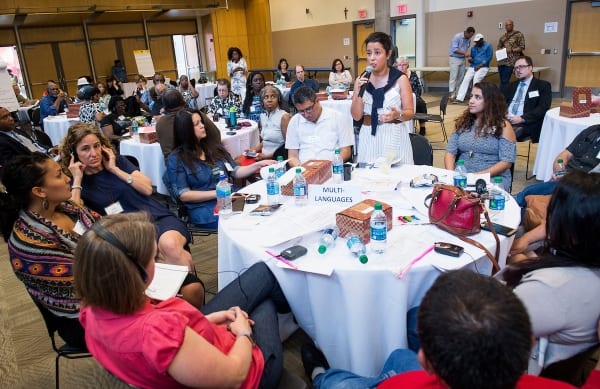
On June 1, the Meyer Foundation’s board approved 75 grants totaling nearly $3 million to support work that advances racial equity in the Greater Washington region, including grants to support new collective action efforts in Arlington, Virginia and Germantown, Maryland; and cross-sector community organizing efforts around affordable housing in DC.
In the second year of implementing our strategic plan, and in the early stages of integrating racial equity into all aspects of our work, the Meyer Foundation is looking forward to supporting new work that addresses shared community goals in housing, education and employment, and financial security.
Capacity-building grant programs are intended to boost a nonprofit’s effectiveness, and with 77 percent of staffed grantmakers funding such efforts, many in philanthropy must believe that investments produce positive outcomes for grantees.

